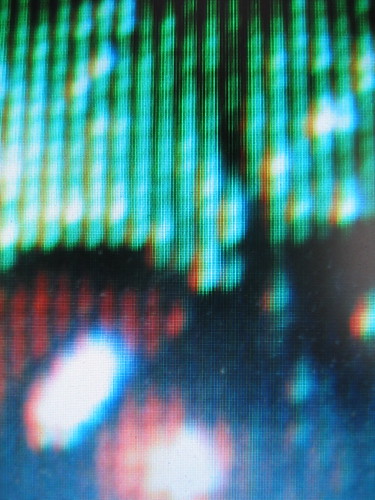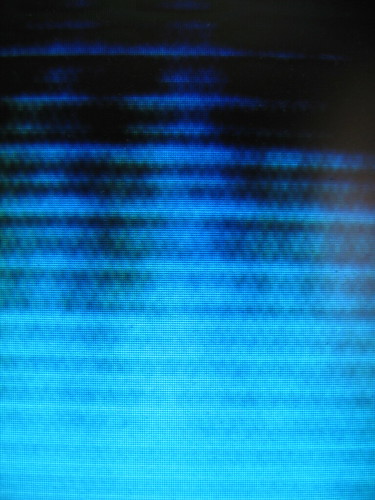There’s a rumour doing the rounds that the next iPod will be designed for reading as well as music and video. It remains to be seen whether that happens, and indeed whether the iPod is well-suited for reading (as compared, for example, to the more specialised Sony Reader).
Whether or not their time has come, I do think that electronic reading devices are potentially exciting. It’s not a new idea, of course, and none of the previous attempts have succeeded, not least because the competing technology – the book – is so very good at its job. A book is already small, light, very high-resolution, has a simple intuitive user interface and doesn’t need power. For you to spend a few hundred pounds on an electronic version, it’s going to have be pretty damn good. One advantage of building it into a music player is that it gives people a reason to buy it.
So if books are so good anyway, why do I think it’s a good idea? Firstly there’s the capacity. It’s not just one book, it’s a whole library. Even just for reading on a commute you might want to have a choice of three or four books. If you were going away for a few months, you could take hundreds of titles. You could keep reference books on there. Assuming that the system was able to read generic text files, HTML and PDF, you wouldn’t even need to buy all the books from Apple; just think of the enormous wealth of stuff which is out of copyright.Project Gutenberg has 18,000 books available for download.
But the other point is that it doesn’t have to be books. You could plug it in every night and have your computer automatically update it with all your favourite blogs and news services. You might even be willing to pay a modest subscription to get the newspaper(s) of your choice automatically downloaded onto your iPod to read on the train.





